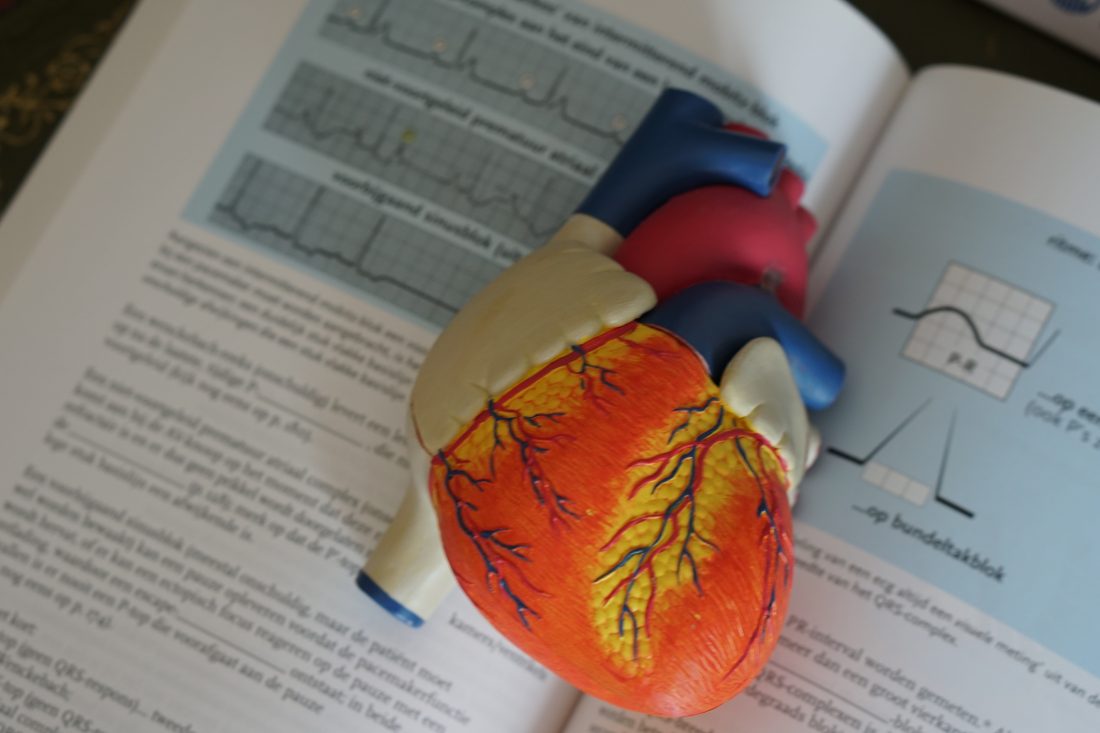Though the relationship between chronic inflammation in the body and weight gain is misunderstood by most laypersons, a strong correlation exists between the two. A key 2019 study found that inflammation is more than likely a result of weight gain as opposed to a cause, but there is no doubt the two are strongly related. Further, chronic inflammation can make it more difficult to lose weight, creating a vicious cycle.
Inflammation and Difficulty Losing Weight
Though inflammation may be a result of weight gain, chronic inflammation can lead to insulin resistance, which in turn can lead to higher glucose levels and fat accumulation in the liver. Fat accumulation in the liver can drive even higher insulin resistance. This can lead to a vicious cycle of weight gain driving increased insulin resistance driving even more weight gain and so on. Breaking this cycle is a key reason some look to low dose naltrexone weight loss as LDN has anti-inflammatory properties and has been shown to significantly lower insulin resistance, especially in patients with hypothyroidism.
Damage From Chronic Inflammation
Inflammation is a response of the body’s immune system, and when it is acting as such, it is a good thing as it helps heal injuries and fights off bacterial and viral invaders of the body. When inflammation becomes chronic, however, it can begin damaging healthy cells in the body which can hurt tissues and organs. Long-term chronic inflammation has been linked to the development of multiple diseases, including cancer. Inflammation has been shown to reduce significantly along with weight loss.
Behaviors to Combat Inflammation
In addition to weight loss, there are other ways to combat chronic inflammation. One of the best is to shy away from eating processed foods and added sugars, which have been linked to chronic inflammation. It’s best to instead choose whole or minimally processed foods, especially ones that contain compounds with anti-inflammatory effects, like leafy greens and cruciferous vegetables. Adding sufficient gut-friendly foods to a diet has also been shown to help reduce chronic inflammation. Another good way is to get sufficient sleep each night and add stress-relieving activities into a daily schedule.
Losing weight is generally tough enough in that it requires changes to ingrained routines and habits. More deeply understanding the relationship between weight gain and chronic inflammation, though, can help in better addressing weight loss challenges as well as understanding some of the long-term health ramifications of retaining extra weight and thus increasing chronic body inflammation.


